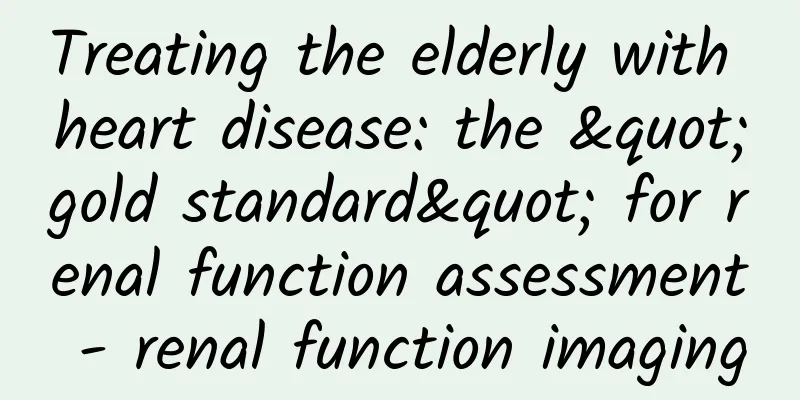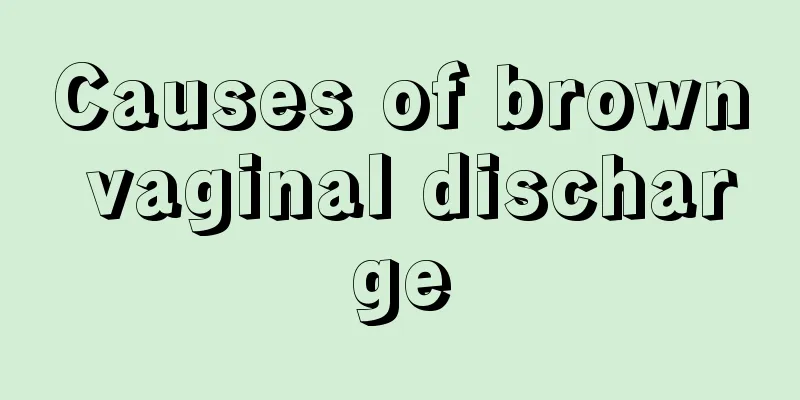Treating the elderly with heart disease: the "gold standard" for renal function assessment - renal function imaging

|
For the elderly, the decline in kidney function is affected by both aging and disease. Chronic diseases that are common in the elderly, such as hypertension, diabetes, coronary heart disease, stroke, chronic obstructive pulmonary disease, etc., are closely related to kidney function. The elderly have reduced resistance and are prone to various infections, which also increases the risk of kidney function deterioration. Aging lowers the threshold of kidney damage. The kidneys are the main organs for excreting metabolic waste and drugs, and are also organs that are most susceptible to drug damage. Elderly people have many chronic underlying diseases, so they must take many related drugs. There are many elderly patients who take 5 or even more than 10 drugs. Elderly comorbidities combined with renal impairment increase the complexity of medication, and adverse drug reactions increase the risk of renal injury. Accurate assessment of renal function helps individualized treatment, and adjusting drug dosage and usage according to renal function can avoid organ damage and adverse reactions. Therefore, renal function status and treatment methods and drugs affect each other. Elderly renal function decline may be a physiological change, or there may be pathological factors. Kidney disease is called the "silent killer" because its symptoms are relatively hidden, often resulting in patients seeking medical treatment late and lack of monitoring and prevention before entering end-stage renal disease. If pathological factors can be detected early and targeted treatment can be given, it can help delay renal function decline. The "integrated treatment model for chronic kidney disease" of early screening, early intervention, early diagnosis and early treatment, and correct assessment of renal function are the basis for the prevention and treatment of chronic kidney disease, especially for patients with high-risk factors such as diabetes, hypertension, high uric acid, high blood lipids, obesity, etc., the renal function status seriously affects the patient's prognosis. Accurate assessment of renal function is a reference for formulating relevant disease diagnosis and treatment measures, and renal function status also affects the efficacy and scope of application of some drugs. How to evaluate kidney function? At present, the most convenient and commonly used indicator for determining kidney function in clinical practice is serum creatinine, a more accurate indicator is the estimated glomerular filtration rate, and the "gold standard" is renal function imaging. Accurate renal function assessment is a combination of clinical symptoms, serum creatinine, cystatin C, estimated GFR, radionuclide imaging, and a comprehensive evaluation of tubular reabsorption and endocrine function. Therefore, seeking help from a nephrologist is the most direct way. |
<<: Medical care for the elderly: How to prevent influenza during the peak season
Recommend
What to drink for women suffering from insomnia and dreaminess
Insomnia and dreaminess are a disease that is har...
What should pregnant women do if they have nosebleeds due to internal heat?
Pregnant women's bodies will be much weaker t...
Things pregnant women must not eat
What foods can’t pregnant women eat? I like pregn...
Can I go out during confinement?
Confinement after childbirth is a unique concept ...
Symptoms of menopause in women
Menopause is the inevitable path for every woman&...
Can I breastfeed if I have heat stroke during breastfeeding?
Generally, the quality of milk will be affected o...
Can I take a shower during my period?
During menstruation, girls' menstrual blood a...
I always feel slightly nauseous. What's going on?
Many women may encounter such problems, that is, ...
She was in surgery, her blood pressure dropped, the doctor found the culprit
A few days ago, an orthopedic surgery once again ...
What are the risks of giving birth to a child while pregnant with anemia?
Anemia is a very common phenomenon in daily life....
Can uterine coldness cause fallopian tube obstruction?
Many women suffer from uterine coldness, and most...
What are the benefits of making sweet soup with pears and red dates? How to make cooked pear cake soft, sweet and delicious?
Pears are juicy, sweet and sour, and rich in nutr...
Can I eat ice cream when I am four months pregnant?
In the summer, many people like to eat ice cream ...
What is the best medicine for uterine inflammation?
Uterine inflammation is a common disease. General...
Recovery period after minimally invasive surgery for uterine fibroids
I don’t know since when uterine fibroids have bec...









